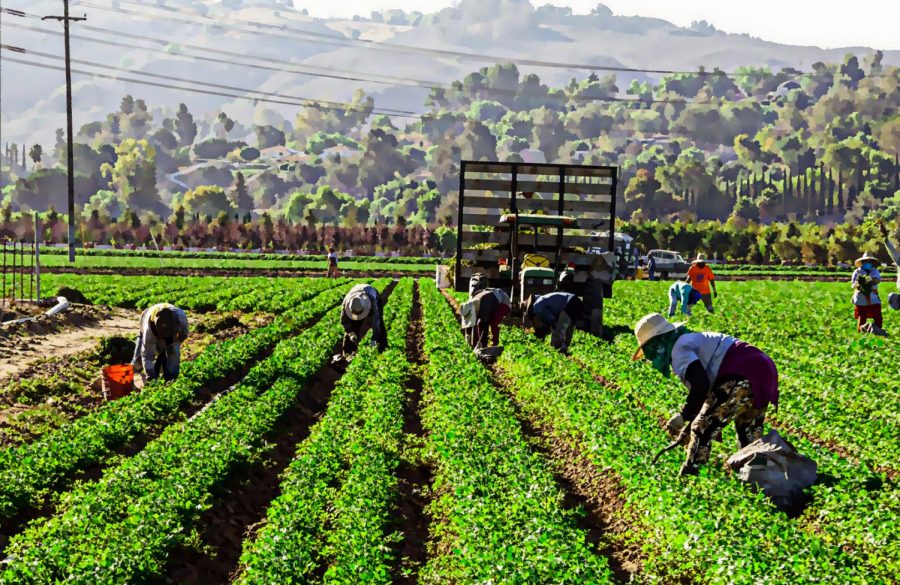Barriers for Latino workers injured on the job studied
Researchers want to understand what makes workers fit to return
“Both farmers and industrial workers perform pretty hard labor. Often times, it is backbreaking labor for pretty low wages,” said Brian McNeill, WSU professor of counseling psychology.
October 14, 2019
WSU researchers are examining the difficulties faced by Latino industrial and farm workers after suffering workplace injuries in Franklin County.
Brian McNeill, WSU professor of counseling psychology, said the study will work with immigrant farm and industrial workers who have experienced workplace injuries to help understand what factors and characteristics make them more fit to return to work.
When workers suffer an injury on the job it requires time off work and additional safety training to be offered by employers.
“Oftentimes, employers don’t want to deal with them or provide training,” McNeill said.
What injured workers frequently end up doing, McNeill said, is getting a lawyer and filing for a pension from the Labor & Industry Department. He said this ends up costing Washington state a lot of money.
“We see this as really important to the state of Washington because if we didn’t have the Latino workforce, agriculture here would fall apart,” McNeill said.
Latino workers often immigrate here to do the work that other people do not necessarily want to do, McNeill said.
He said he and his research partners wanted to understand how they can do this hard work, often after having left their families in their home countries and while facing racism and discrimination in the states.
“Both farmers and industrial workers perform pretty hard labor,” McNeill said. “Often times, it is backbreaking labor for pretty low wages.”
He said the study will utilize both survey and interviews among the population of injured workers to determine which factors contribute to the resilience of this group of people.
McNeill said the study will help researchers understand these characteristics and motivations that help facilitate a return to work following an injury.
“We wanted to take a strengths-based perspective,” McNeill said.
McNeill said interview questions will ask injured workers to describe adversity, they have faced and barriers, that impede their return to work.
Rolando Rodriguez, a vocational rehabilitation counselor at Sol Case Management LLC, and collaborator on the project, said the goal is to identify the psycho-social barriers that impede a return to work.
With current rates of unemployment so low, injured workers are becoming more difficult to replace. He said the long-term solution is to minimize injuries.
McNeill said he hopes that by collecting this information it will help employers in the future predict which workers are more likely to return to work.
“People want to work,” McNeill said. “They want to feel worthwhile.”










